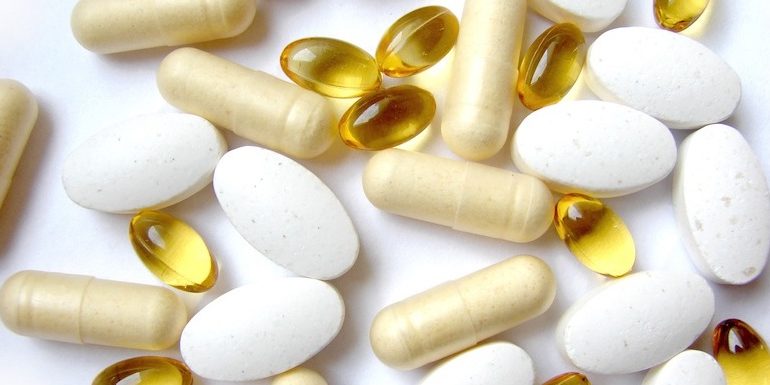Food and dietary supplements can have big benefits for health and wellness. Unfortunately, however, there are more than a few unsafe supplements sold today.
Why are there unsafe supplements on the market?
In the U.S., dietary supplements themselves fall into a regulatory black hole. They’re not drugs, so they can’t be outright banned. They’re also not food, so they don’t receive any oversight from the Food and Drug Administration (FDA).
This lack of oversight means that supplements are often not tested to the same standards as prescription drugs. Adverse or side effects caused by the supplements are hard to monitor. Finally, no government agency has actually verified the accuracy of the supplement’s claims for health and wellness.
How to use supplements safely
Unsafe supplements cause many illnesses and deaths every year, though there are ways you can use them safely.
Supplements are, of course, often helpful. Pregnant women benefit from folic acid supplements. Vitamin supplements can boost the health of those with deficiencies. Eschewing supplements entirely isn’t the correct answer. Instead, using them requires a bit of knowledge and responsibility on your part.
Follow these guidelines when deciding whether to take a supplement:
- Always talk to your doctor or another trusted healthcare professional about the supplements you wish to take
- Ask your healthcare team for recommendations or talk to them about your concerns about its use
- Avoid any supplements that you don’t actually need and look for supplements that contain only those ingredients that you need for health
- Especially avoid supplements that promise weight loss or improvements in sexuality, as these are more likely to be dangerous to health
- Research the supplement and active ingredients thoroughly–the National Center for Complementary and Alternative Medicine (NCCAM) has an extensive list of benefits, risks, and side effects of many common supplements
- Be on the lookout for the dirty dozen, the Consumer Reports’ guidelines for the most dangerous ingredients that appear in supplements (these are: aconite, bitter orange, chaparral, colloidal silver, coltsfoot, comfrey, country mallow, germanium, greater celandine, kava, lobelia, and yohimbe)
By being a responsible, thoughtful consumer, you can help protect yourself from some of the more unsafe supplements on the market today.


